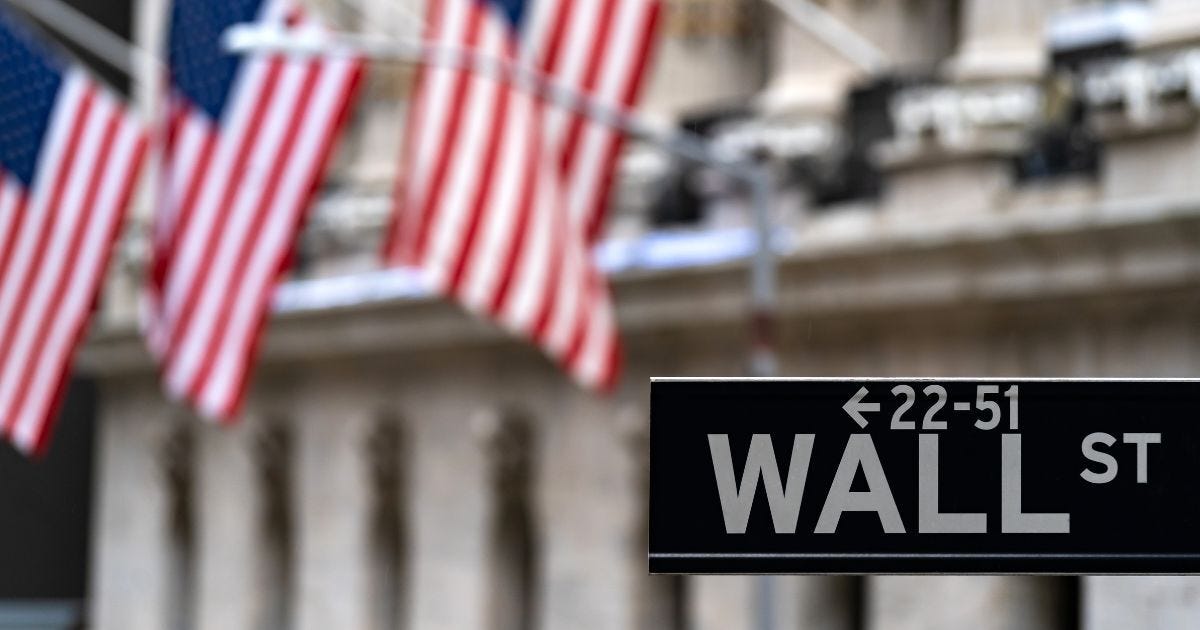Wall Street vs. White House: The Battle Over Economic Certainty
Forecasters broadcast detailed predictions with precise timelines and the Republican administration makes broad announcements and shifts in direction which rattles the markets.
As America's financial institutions grapple with Trump's economic policies, there is a cultural separation in how certainty is sought, information is shared, and time is structured.
What's Happening
Market forecasters issue detailed predictions
Trump announces sudden policy shifts
Economists demand precise data
White House gives broad statements
Market analys…




